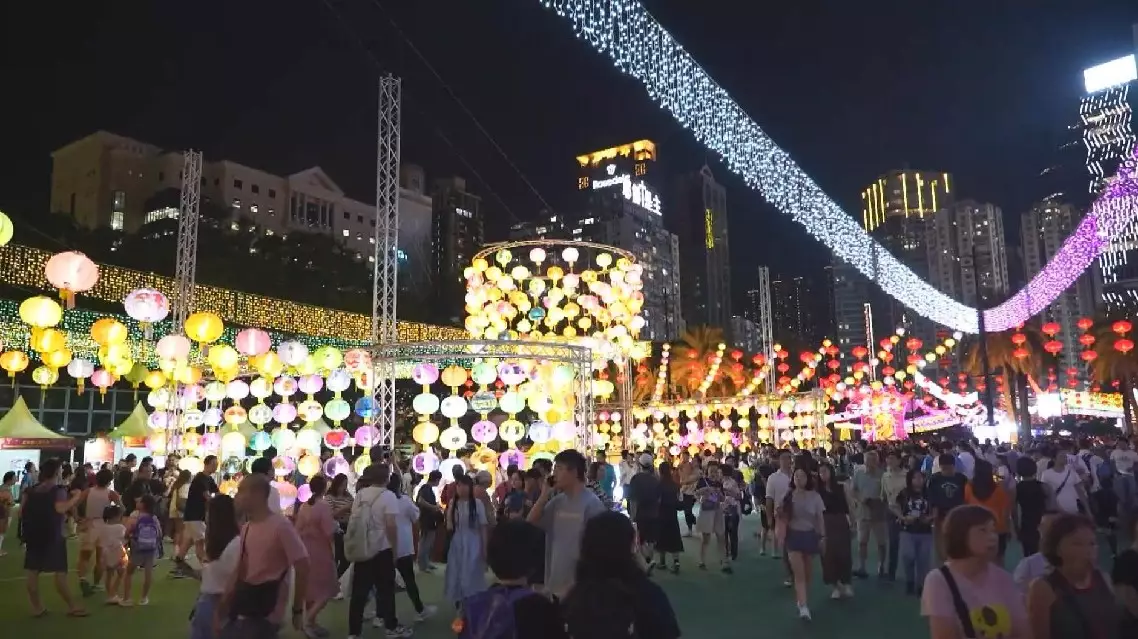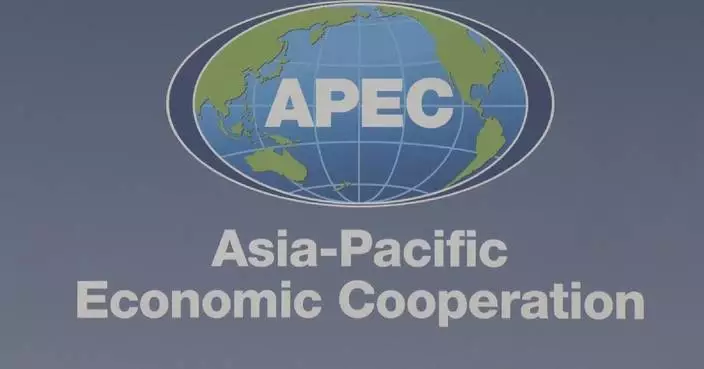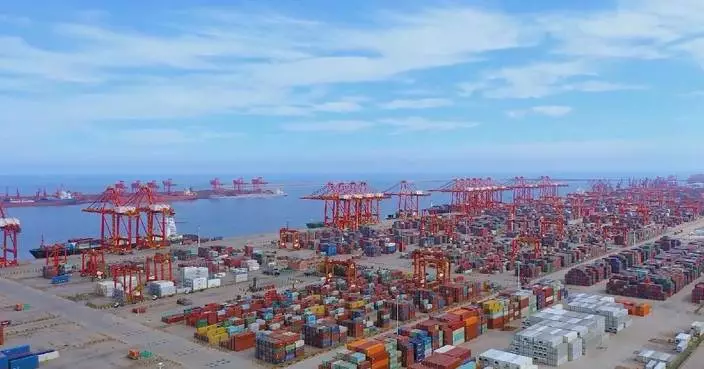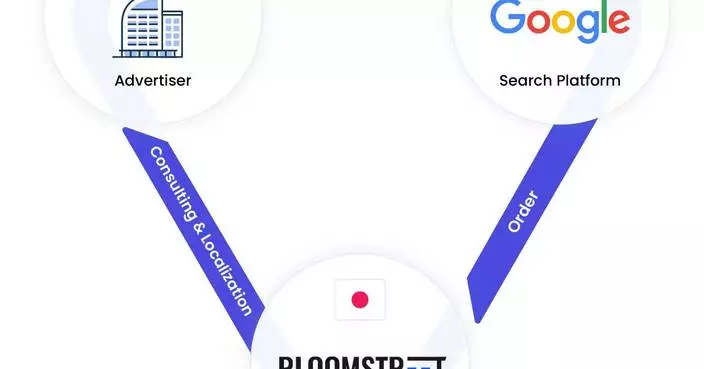As the Mid-Autumn Festival approaches, the streets and alleys of Hong Kong are adorned with colorful lanterns, exuding an air of holiday merriment.
Buying mooncakes and admiring lantern displays are traditional customs for Hong Kong residents during the Mid-Autumn Festival, which falls on September 17 this year. Celebrations are in full swing, with vibrant lantern exhibitions held across the city, where locals and visitors alike pause to capture moments, snap photos, and revel in the joyous activities together.
"The atmosphere of Mid-Autumn Festival in Hong Kong is particularly rich because it's a day for traditional family reunions. People buy mooncakes, admire the moon, and there are colorful lantern displays in many areas, like at the Victoria Park, the Hong Kong Cultural Center and the Sha Tin Park. People can feel the warm and bustling ambiance everywhere," said Ng Tang, chairman of the Hong Kong Shanxi Chamber of Commerce Limited.
Mooncakes in Hong Kong stores become especially popular, as many residents choose them for family visits and gatherings.
"The Mid-Autumn Festival is a traditional holiday. As it approaches, many people in Hong Kong start shopping around for mooncakes. Both locals and tourists visiting Hong Kong are eagerly anticipating this festival," said a local mooncake saleswoman.

Mid-Autumn Festival mood spreads across Hong Kong
The new China-Mongolia cross-border railway is expected to serve as a new bridge for boosting connectivity between the two countries, Chinese Foreign Ministry spokesman Lin Jian said in Beijing on Thursday.
China and Mongolia held a groundbreaking ceremony on Wednesday to mark the official launch of construction on the Gantsmod–Gashuunsukhait rail project, which will be the second cross-border rail link between the two countries.
Lin said at a regular press briefing that the railway would inject new momentum into the development of China-Mongolia bilateral relations.
"On May 14, China and Mongolia held a ceremony to mark the official groundbreaking of the Gantsmod-Gashuunsukhait cross-border railway, which is the second cross-border railway between the two countries. Expanding cooperation in key areas such as economy and trade, energy, mining and connectivity is an important common understanding between President Xi Jinping and Mongolian President Ukhnaa Khurelsukh. In February this year, Premier Li Qiang and Mongolian Prime Minister Luvsannamsrai Oyun-Erdene jointly witnessed the exhibiting of the cooperation agreement on the Gantsmod-Gashuunsukhait railway and coal trade," said Lin.
"The construction of this cross-border railway is not only a concrete step of implementing the important common understanding between the presidents of the two countries, but also an important action to synergize the Belt and Road Initiative and Mongolia's Steppe Road Program. We hope this railway will serve as a new bridge for China-Mongolia connectivity, fostering deeper development integration, promoting industrial synergy, and expanding visits and exchanges, thereby injecting new impetus in to the building of a China-Mongolia community with a shared future," he said.

New cross-border railway to enhance connectivity between China, Mongolia: FM spokesman



















































